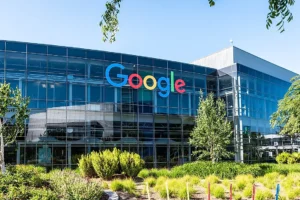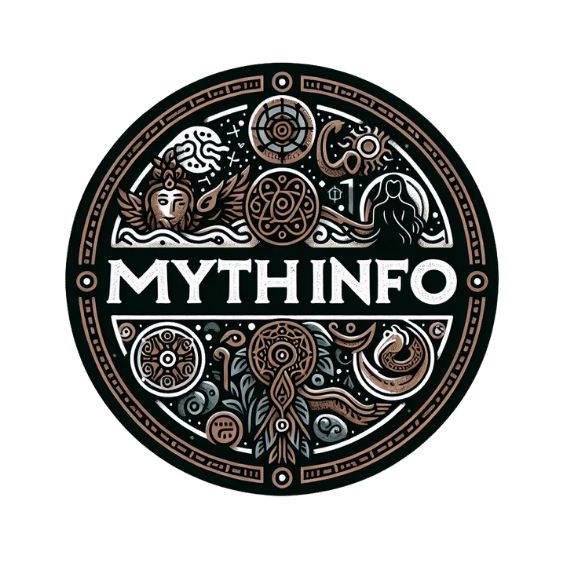
In recent years, the influence and power of Big Tech companies like Google, Facebook, and Amazon have come under intense scrutiny. With their immense control over information and data, these tech giants have inevitably become the subjects of numerous conspiracy theories. This article delves into some of the most controversial conspiracy theories surrounding Google and other Big Tech companies, examining the claims, the evidence, and the impact on public perception.
1. Surveillance and Data Harvesting
One of the most persistent conspiracy theories about Google and other Big Tech companies is that they are involved in extensive surveillance and data harvesting activities. Critics argue that these companies collect vast amounts of personal data from users and share it with governments and third-party organizations without consent.
Claims:
- Google tracks users’ online and offline activities, including search history, location data, and even private conversations through devices like Google Home.
- This data is allegedly used to build detailed profiles of individuals, which are then sold to advertisers or handed over to government agencies.
Evidence:
- Google has admitted to collecting data for personalized advertising and improving user experience, but it maintains that user consent is obtained and that data is anonymized.
- Whistleblowers and investigative reports have occasionally revealed instances of data misuse or insufficient data protection measures.
Impact:
- These theories have led to a growing distrust of Big Tech, prompting some users to seek alternatives or adopt privacy-enhancing tools.
2. Manipulation of Information and Censorship
Another widely held belief is that Google and other tech giants manipulate search results and online content to serve specific political or ideological agendas. This theory suggests that these companies act as gatekeepers of information, promoting certain viewpoints while suppressing others.
Claims:
- Google is accused of altering search algorithms to favor particular political parties or ideologies.
- Content creators and websites claim they have been unfairly censored or demonetized for expressing dissenting opinions.
Evidence:
- Changes in search rankings and sudden drops in website traffic have fueled suspicions of algorithmic bias.
- Internal documents and testimonies from former employees have occasionally supported claims of biased content moderation policies.
Impact:
- Accusations of censorship have intensified debates about free speech and the role of private companies in regulating online discourse.
- Legislative efforts to hold Big Tech accountable for content moderation decisions have gained traction.
3. Monopolistic Practices and Market Manipulation
The sheer size and market dominance of companies like Google have given rise to theories that they engage in monopolistic practices to stifle competition and manipulate markets.
Claims:
- Google is accused of using its search engine dominance to prioritize its own products and services over those of competitors.
- Critics argue that Big Tech companies acquire potential rivals to maintain their market dominance and suppress innovation.
Evidence:
- Regulatory bodies in various countries have fined Google for antitrust violations and unfair business practices.
- High-profile acquisitions, such as Google’s purchase of YouTube and Android, are often cited as examples of monopolistic behavior.
Impact:
- These practices have led to calls for the breakup of Big Tech companies and stricter antitrust regulations.
- Small businesses and startups face significant challenges in competing against established tech giants.
4. Influence Over Governments and Elections
Some conspiracy theories suggest that Big Tech companies wield significant influence over governments and electoral processes, potentially undermining democracy.
Claims:
- Google and other tech giants are accused of lobbying governments to shape regulations in their favor.
- There are allegations that these companies use their platforms to sway public opinion and affect election outcomes.
Evidence:
- Lobbying efforts by Big Tech companies are well-documented, with substantial sums spent on influencing policy.
- Instances of misinformation and targeted political advertising on social media platforms have raised concerns about their impact on elections.
Impact:
- The potential for tech companies to influence political processes has led to increased scrutiny and calls for greater transparency in their operations.
- Efforts to regulate political advertising and combat misinformation on digital platforms have been initiated.
Conclusion
While many of the conspiracy theories surrounding Google and other Big Tech companies are based on genuine concerns, it is essential to separate fact from fiction. These companies undeniably hold significant power and influence, and there are legitimate issues related to privacy, competition, and content moderation that need addressing. However, sensationalist theories can also obscure the real challenges and hinder constructive dialogue.

